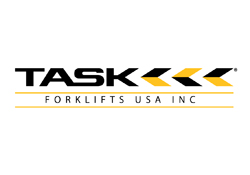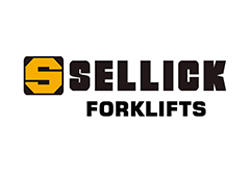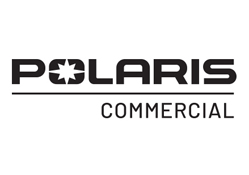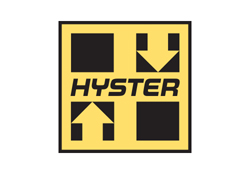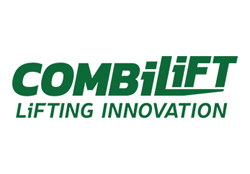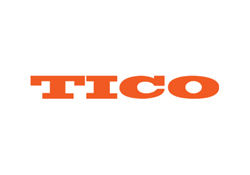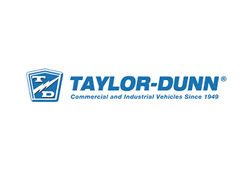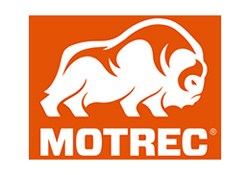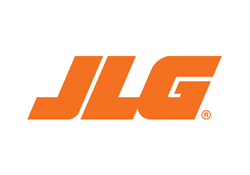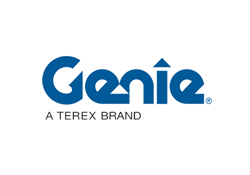Unlocking Efficiency in Warehousing with Advanced Forklift Truck Solutions
In today's fast-paced logistics landscape, the efficiency of warehouse operations is paramount for maintaining a competitive edge. Advanced Forklift Truck solutions play a crucial role in this endeavor, as evidenced by a report from the Warehousing Research Institute, which found that optimizing warehouse processes can boost operational efficiency by up to 30%. Furthermore, with approximately 50% of warehouse operational costs attributed to labor, the implementation of technologically advanced forklift trucks—such as those equipped with automation and telematics—can significantly reduce these expenses while improving safety and productivity. According to the Logistics Management Survey, businesses that adopt innovative forklift solutions report up to a 40% increase in inventory handling speed, reinforcing the need for organizations to invest in modernizing their material handling fleets. Thus, understanding how to effectively integrate these advanced forklift truck solutions is key to unlocking greater efficiency in warehousing operations.
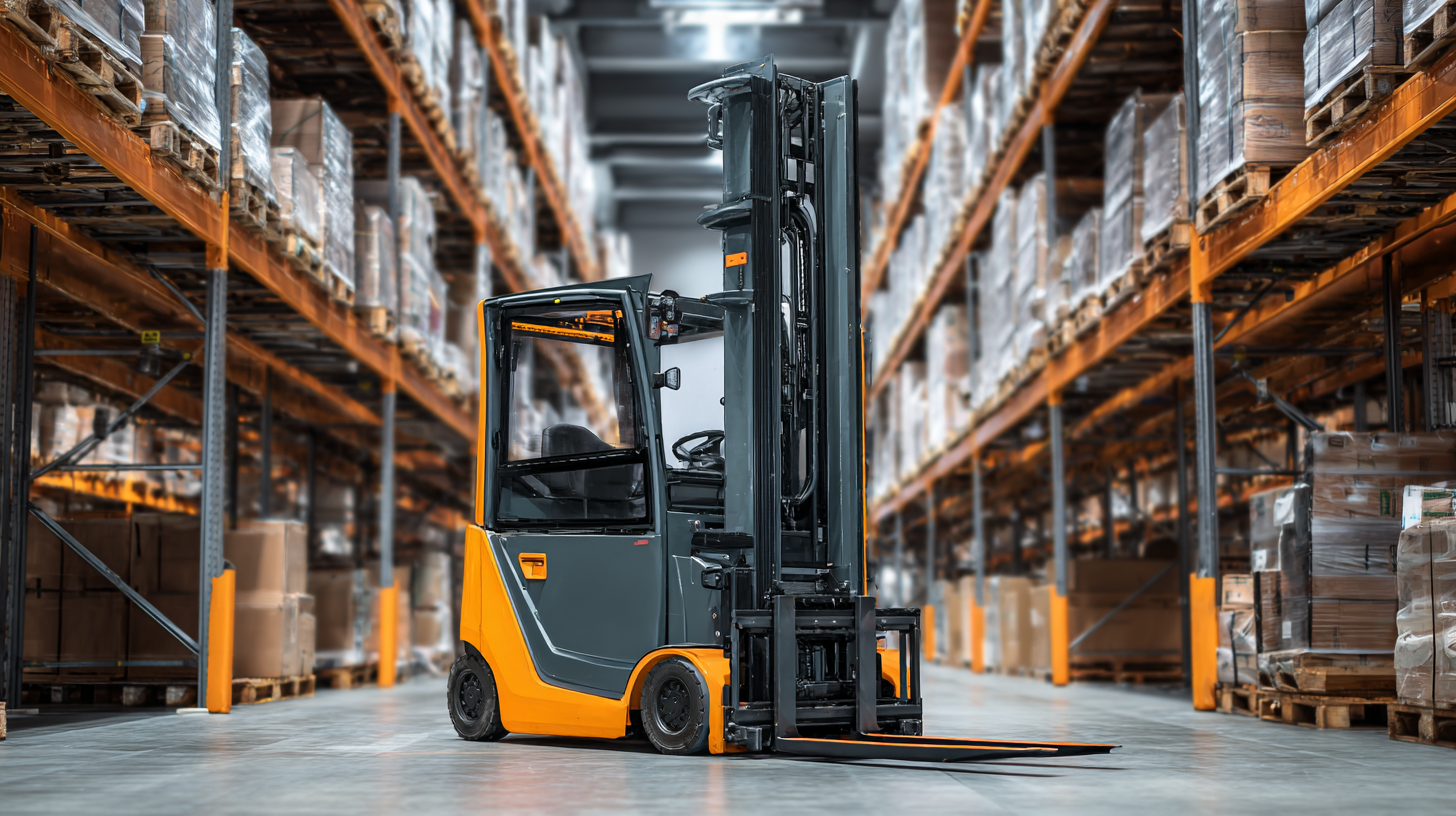
Understanding the Role of Advanced Forklift Trucks in Modern Warehousing Efficiency
In today’s fast-paced logistics environment, advanced forklift trucks play a pivotal role in enhancing warehousing efficiency. These modern machines are equipped with cutting-edge technology such as automation, precision sensors, and real-time data analytics, enabling warehouse operators to streamline their operations. By integrating advanced forklifts into their systems, businesses can optimize workflow, reduce manual handling, and support a safer working environment.
**Tip:** Regular training for operators on the latest forklift technologies is essential. This ensures that staff are familiar with advanced features and can maximize the potential of these machines, leading to improvements in productivity and safety.
Additionally, advanced forklift trucks can adapt to various warehouse layouts and capacities. Features like narrow aisle capability and load management systems enhance space utilization while improving accessibility. As a result, warehouses can achieve higher inventory turnover rates and better order fulfillment times.
**Tip:** Conducting a thorough assessment of your warehouse layout before implementing new forklift solutions can reveal potential areas for efficiency gains. Tailoring equipment choices to your specific operational needs will ensure maximum benefit and improved overall performance.
Unlocking Efficiency in Warehousing with Advanced Forklift Truck Solutions
| Feature | Description | Benefits | Efficiency Improvement (%) |
|---|---|---|---|
| Electric Forklifts | Environmentally friendly with lower operational costs. | Reduced energy consumption and lower emissions. | 20% |
| Automated Guided Vehicles (AGVs) | Self-driving forklifts that optimize transport routes. | Increased throughput and reduced labor costs. | 30% |
| Telematics Systems | Real-time data tracking for fleet management. | Enhanced maintenance and improved decision-making. | 15% |
| Reach Trucks | Designed for high stacking in narrow aisles. | Maximized storage space and optimized aisle efficiency. | 25% |
| Forklift Load Capacity Monitoring | Sensors to monitor load weights. | Prevents overloads and enhances safety. | 10% |
Key Features of Innovative Forklift Solutions for Enhanced Productivity
Innovative forklift solutions are revolutionizing the warehousing industry by significantly enhancing productivity through advanced features. One key attribute of these modern forklifts is their integration of smart technology, such as IoT sensors and advanced tracking systems. This technology enables real-time inventory management, allowing operators to access vital information about stock levels and locations instantly. As a result, warehouses can operate with improved accuracy and efficiency, minimizing errors in order fulfillment and reducing downtime.
Another important feature of these advanced forklifts is their ergonomic design, which prioritizes operator comfort and safety. Innovations such as adjustable seating, intuitive controls, and enhanced visibility contribute to a safer working environment, leading to decreased workplace injuries. Additionally, many of these forklifts are equipped with energy-efficient electric systems, reducing operating costs while also supporting sustainability goals within the warehouse. Together, these advancements foster a more productive, efficient, and safe warehousing operation, enabling businesses to meet the demands of a competitive market.
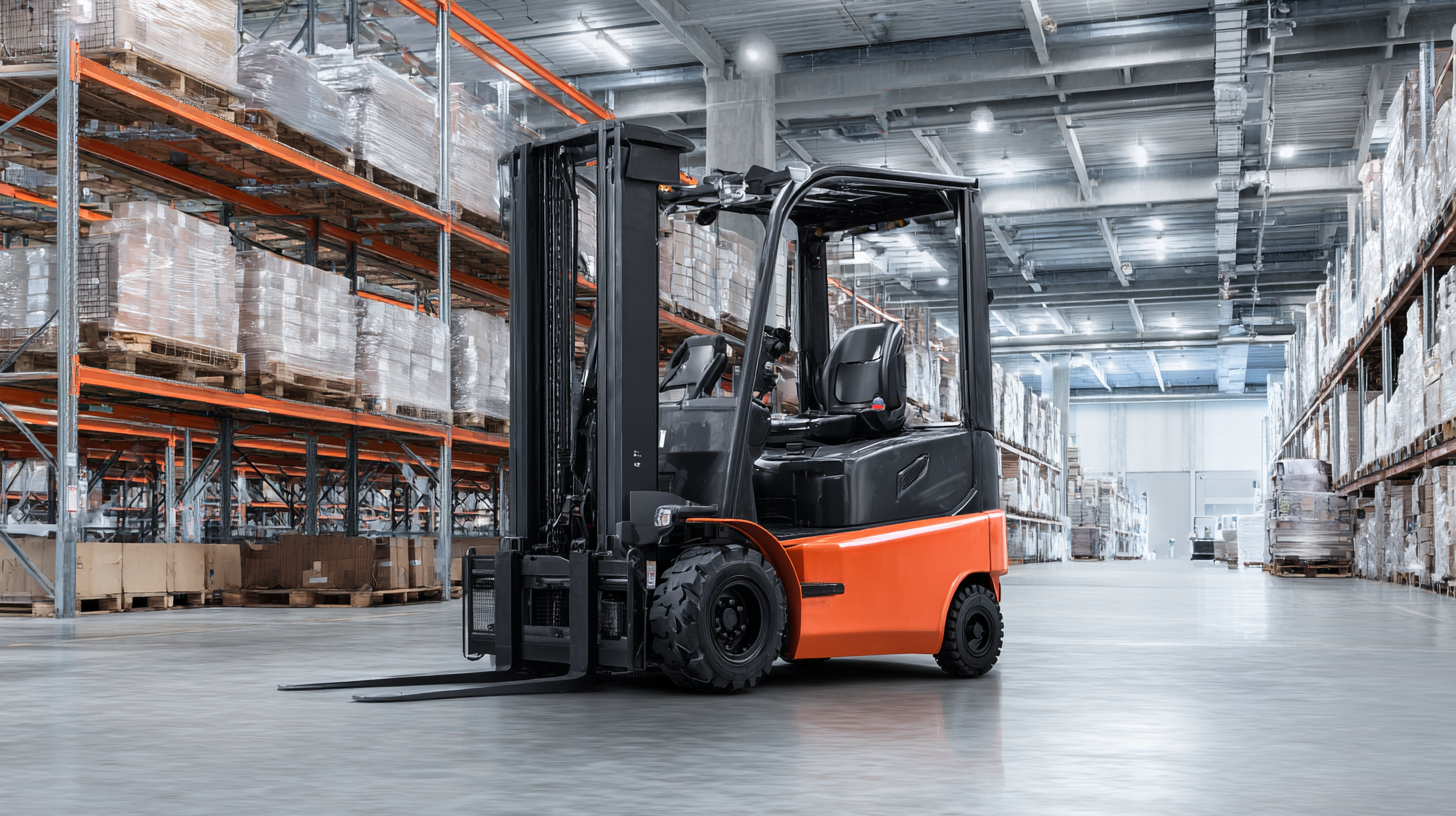
Comparative Analysis of Traditional vs. Advanced Forklift Technologies
The evolution of forklift truck technologies has dramatically reshaped the landscape of warehousing operations, presenting a clear distinction between traditional and advanced systems. Traditional forklift trucks, while reliable, are often limited by their design and capabilities. These machines typically rely on internal combustion engines, which can be inefficient and produce harmful emissions, ultimately leading to higher operational costs. Moreover, their maneuverability in tight warehouse spaces is often inadequate, hindering productivity and increasing the risk of accidents.
In contrast, advanced forklift technologies, such as electric and automated systems, have introduced significant enhancements in efficiency and sustainability. Electric forklifts offer lower operating costs through reduced energy consumption and maintenance requirements, while their quieter operation contributes to a more pleasant work environment. Automated forklifts utilize sophisticated navigation systems and artificial intelligence to optimize routing and minimize manual intervention. This not only increases throughput but also enhances safety by reducing human error. The integration of advanced analytics further allows warehouse managers to maximize the utilization of space and resources, establishing a clear edge over their traditional counterparts.
Unlocking Efficiency in Warehousing with Advanced Forklift Truck Solutions
Best Practices for Implementing Advanced Forklift Solutions in Warehousing
Implementing advanced forklift solutions in warehousing is essential for enhancing operational efficiency. According to a report by the Material Handling Industry of America (MHIA), incorporating automated forklifts can lead to a 30% reduction in operational costs. This technology allows for real-time data processing and route optimization, significantly decreasing the time spent on transporting goods within a warehouse. Companies adopting these technologies have reported up to a 20% increase in productivity, showcasing the critical role of intelligent logistics in modern warehousing practices.
To successfully implement advanced forklift solutions, best practices must be followed. Training staff on new technologies is paramount; a study by the Occupational Safety and Health Administration (OSHA) suggests that properly trained operators can reduce accidents by as much as 70%. Additionally, conducting regular maintenance checks increases fleet reliability, thus preventing costly downtimes. Incorporating these practices not only streamlines operations but also contributes to a safer working environment, maximizing both performance and worker satisfaction in the long run.
Future Trends in Forklift Truck Technology and their Impact on Warehousing Efficiency
The landscape of warehouse operations is rapidly evolving, primarily driven by advancements in forklift truck technology. Future trends indicate a shift towards automation and the integration of artificial intelligence into forklift systems. This transformation allows for enhanced precision in inventory management, enabling forklifts to operate autonomously, thereby minimizing human error. Such innovations not only streamline the picking and replenishment processes but also optimize space utilization within warehouses, resulting in increased operational efficiency.
Moreover, the implementation of electric and hybrid forklift trucks is on the rise, which aligns with sustainability goals and reduces operational costs. These eco-friendly alternatives are designed to perform at high capacities while consuming less energy, contributing to better environmental outcomes. Additionally, advancements such as IoT connectivity allow for real-time monitoring of fleet performance, which facilitates data-driven decision-making. Companies can leverage these insights to improve maintenance schedules, reduce downtime, and enhance overall productivity in their warehousing operations.
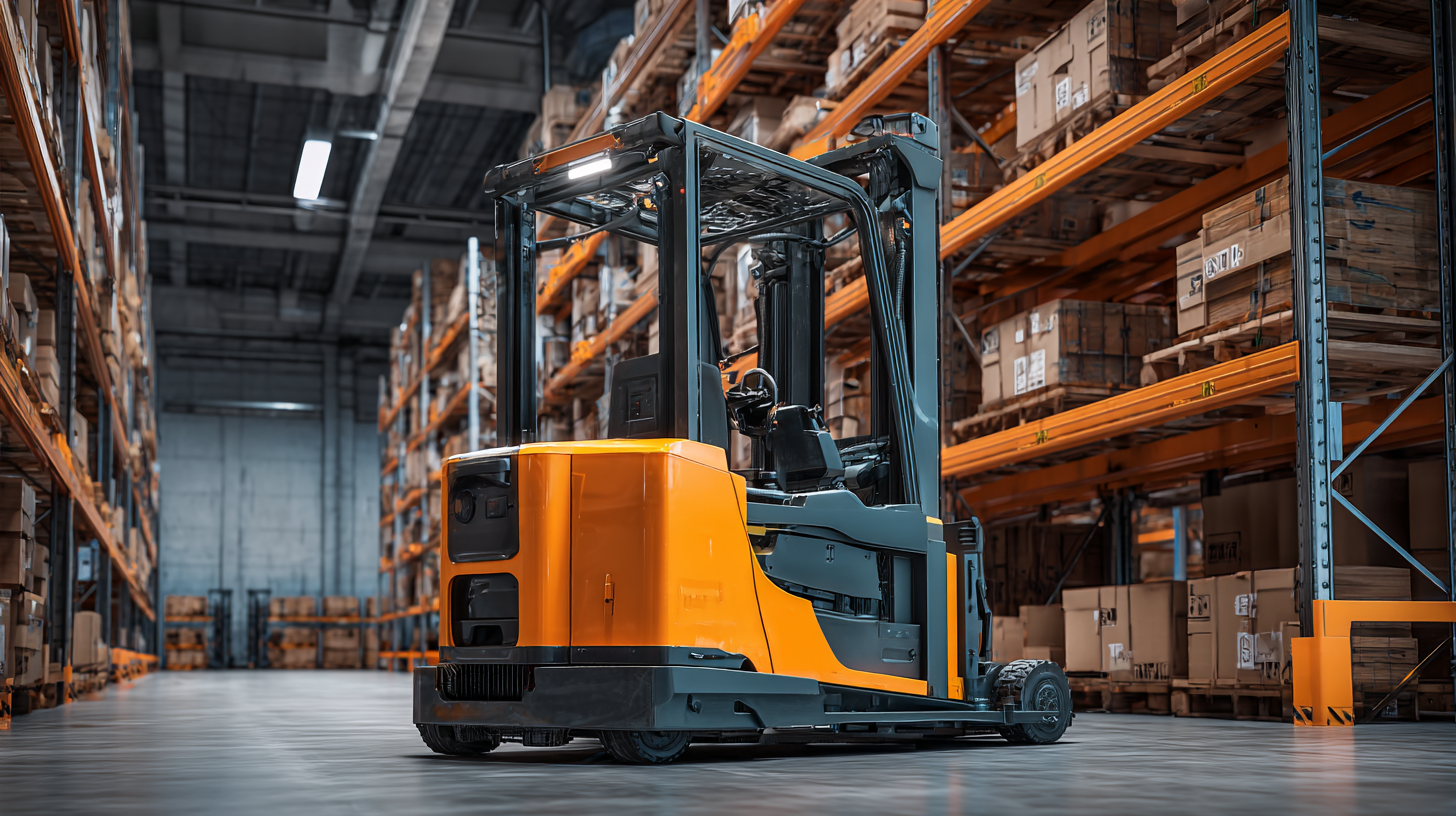
Related Posts
-
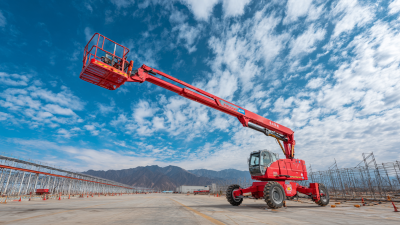
Global Excellence in Boom Lift Manufacturing Proudly Elevating China to the World Stage
-
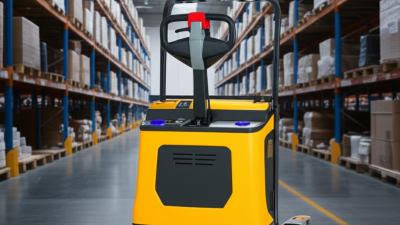
Exploring the Future of Best Pallet Trucks in the 2025 Market Landscape
-
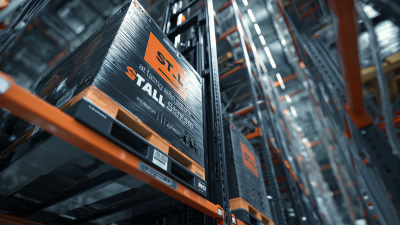
Elevating Industry Standards with the Best Pallet Stacker Innovations
-

Essential Guide to Reach Trucks: Maximizing Warehouse Efficiency with Data-Driven Insights
-

Safety Regulations in Aerial Lift Rental: A Complete Guide to Best Practices
-

Unlocking Efficiency: The Benefits of Quality Forklift Parts for Your Business
